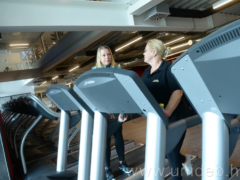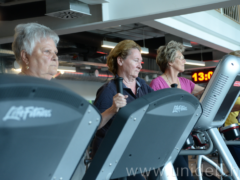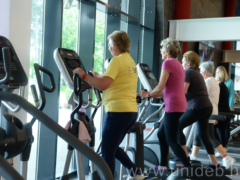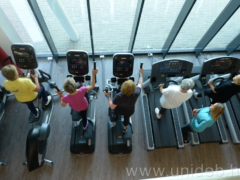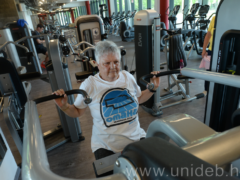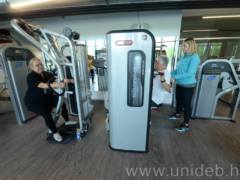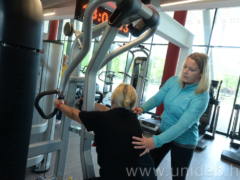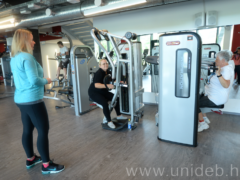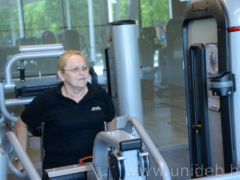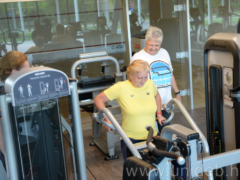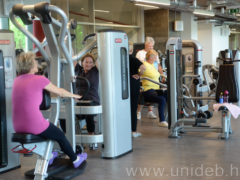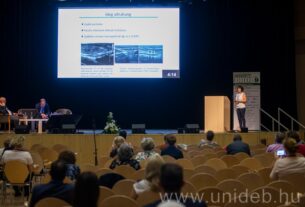Although aging starts the moment we are born, the first actual signs of it appear over 40, including loss of muscle weight, cardiovascular and circulatory issues, and weakening bones. It has already been proven that regular physical exercise and a healthy diet may prolong healthy life. So far, experts have exclusively recommended cardio workouts like walking, swimming or biking to over-60s. Weight training has been a no-no for this age group. However, research carried out by scientists at the UD may contradict this opinion – according to the results, in addition to cardio workout weight training can also be beneficial.
– We launched our research programme last year with the objective to prove that a long- term, controlled and carefully designed training programme, with weight training being an important part, is beneficial in terms of various physiological parameters. We are studying the effect of training programmes aimed at keeping muscle weight on cognitive functions, also taking medical recommendations into consideration. An ever-growing number of international research programmes try to prove that most old-age diseases and conditions can be prevented or delayed using this method, but no specific recommendation has been issued yet. And this is what we are aiming for – explained László Balogh, director of the Institute for Sport Sciences of the UD and head of the programme.
In the framework of the two-year project, funded by the EU, researchers asked 30-40 older people to work out for 45 minutes twice a week under the supervision of a physiotherapist at Unifit, the fitness centre of the university. The training programme was worked out by Mariann Mile.
– Using the most advanced training methods, during the workouts we prefer exercises that aim to keep or increase muscle strength to classic cardio exercises. We put special emphasis on working the deep and back muscles, which are responsible for correct posture, in order to strengthen the bones, to prevent lower back pain, and to reduce the number of motor coordination problems that often result in falling and femoral neck fracture – explained the PhD student.
The programme is also unique in that besides evaluating the results at cardiac level, researchers carry out laboratory tests to study the effects on cognitive functions and the nervous system, and epigenetic tests as well, using molecular biology methods.
Press Office, unideb.hu


